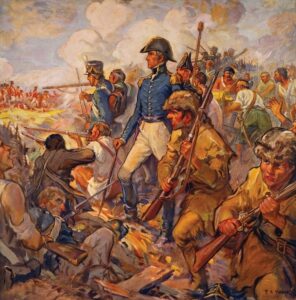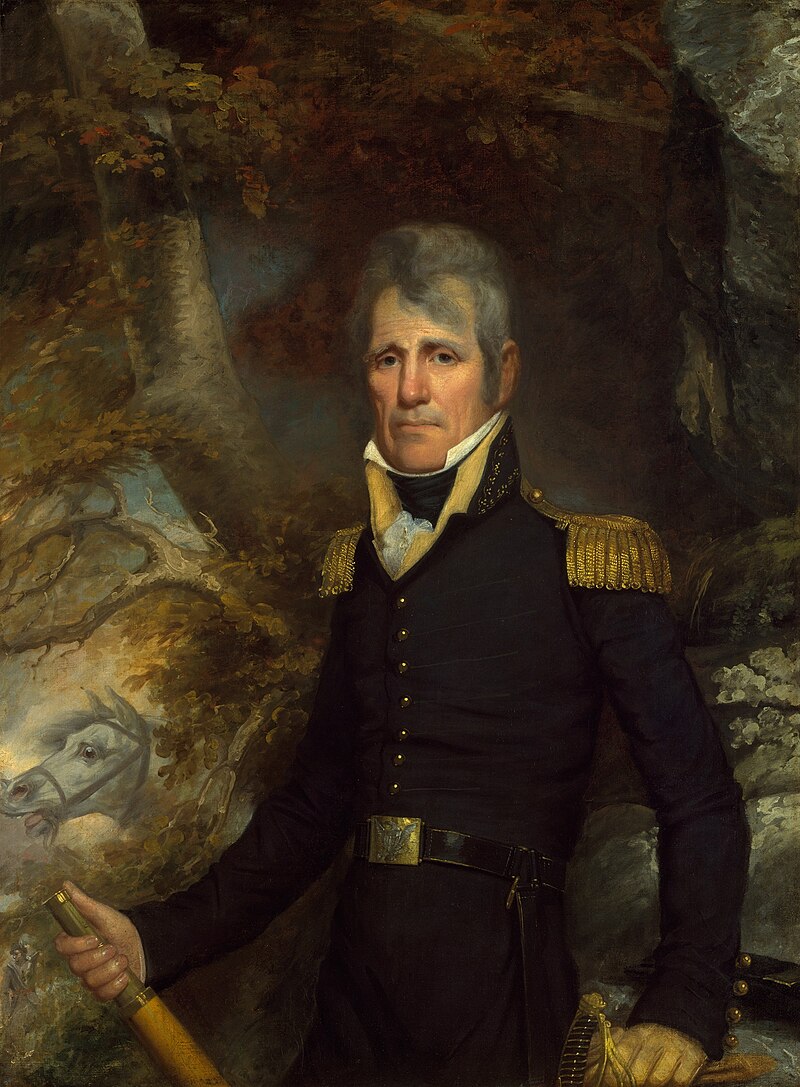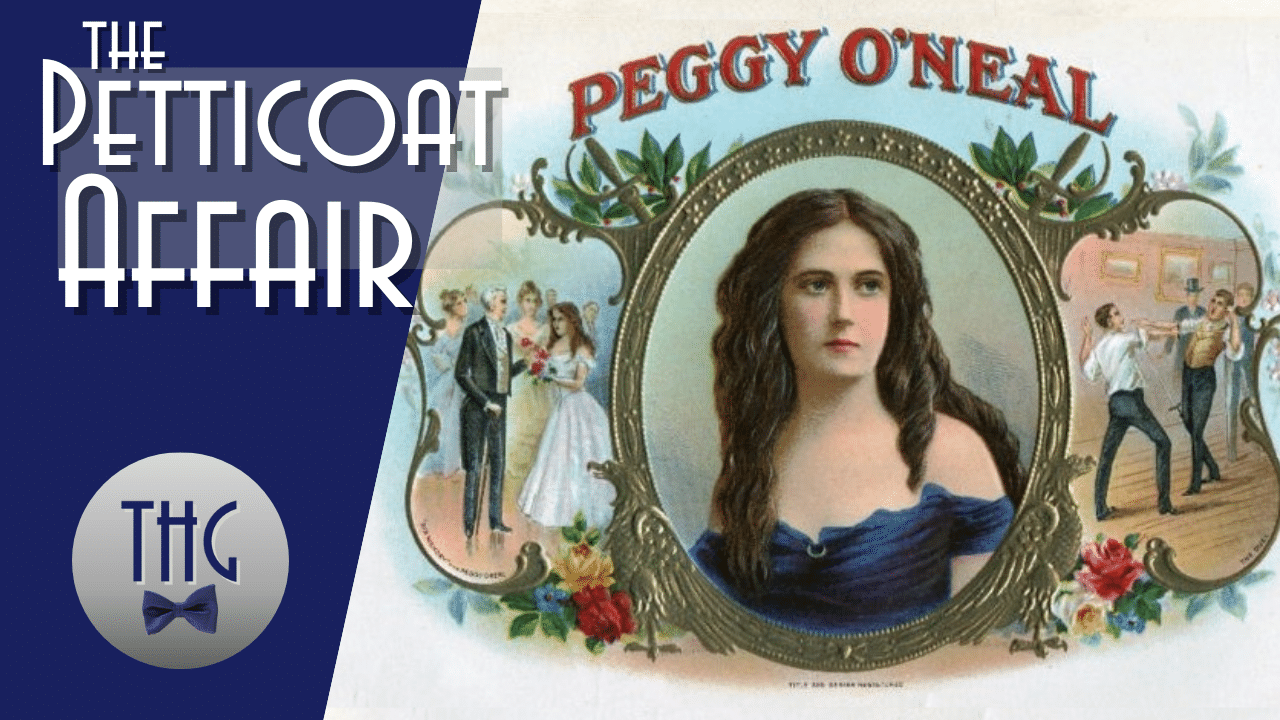Josh Reviews: Andrew Jackson: His Life and Times by H.W. Brands
I will admit up front to a certain bias against Andrew Jackson. I side with many of his contemporary critics on a number of his ‘successes’. Jackson was a man who believed first and foremost in his own righteousness and infallibility. By the time he was president he truly believed that he was the mouthpiece for the people, and was perfectly happy to stomp over whatever political or legal barricades were put up to stop him. Brands disagrees, and is a lot more forgiving than I am – and I think Brands fails to be totally objective in some of his analysis.

H. W. Brands himself is a an accomplished historian. He holds the Jack S. Blanton Sr. Chair in History at the University of Texas at Austin, has a PhD in history, and has authored a lot of books on American history. He has twice been a finalist for the Pulitzer Prize, for his biographies of Benjamin Franklin and FDR.
It is unfortunate that I found myself at odds with the author in this book, as in many ways it is a good book – carefully researched, well-written, and thorough. The most controversial parts of Jackson’s presidency – the Trail of Tears and his assault on the Bank of the United States – require considerable space in a book like this. Not only were they extremely controversial at the time, both have had continued and reverberating impacts on the nation today. Ultimately, while Brands claims to be unbiased and there are reviews that praise the book’s objectivity, I just can’t agree with them. I felt that while Brands does certainly bring up many of Jackson’s faults, but he doesn’t leave it to the reader to decide if those faults were mortal or not. He spends a lot of time defending Jackson’s actions from Jackson’s point of view. Ignoring the Supreme Court? Well (here I paraphrase) “Jackson really believed it would be better for the indians to live separately from the whites”. I’m sure he did believe that, even earnestly. But what a silly defense for the Trail of Tears.

I do feel that some of my frustration with the book has faded as I got some more distance, and the issue of the Bank of the United States is more complex than the Trail of Tears, which is difficult to defend in the modern era. It was manifestly unfair and illegal, and Jackson (and his successor and close associate, Martin Van Buren) made it happen anyway in the name of American expansion.

On a personal level, Jackson has his share of tragedy, especially regarding his wife. His personality is illuminated here, and he was, compared to every previous president, a man of the earth and not the thinker that many of them were. He was brash and often brutal, and by his efforts he massively reshaped the presidency and the public understanding of what it meant to be a president.
The positives of this book are that it is thorough, and that it does not cover up Jackson’s actions, just comes up with excuses for him. It is not at all impossible to come out of this with a conclusion different than the author, and I can appreciate the effort it takes to balance writing a biography where you present the historical information, analyze it, and still allow readers to decide what they will about the man.
My biggest issue, and the one that probably frustrated me the most, is that at the end of the book he describes Lincoln as a Jacksonian. While there are certainly some ways that they were similar, it is difficult for me to see their political philosophies as identical. I felt like Brands primarily focused on the fact that both stood firmly for the concept of union, and connected Lincoln’s fight to keep the union with Jackson’s response to the nullification crisis. But I think there are some important differences : the nullification crisis was based on a constitutional theory that a state could determine a law federally unconstitutional and nullify it, but the main issue at stake were tariffs that southerners didn’t like. Taking away the federal government’s rights to control tariff policy is a different beast that the issue of slavery, which was forefront of the civil war. I think drawing too many comparisons is dangerous for a couple of reasons, one being that I’m not actually sure if Jackson would have been pro-union in 1860, although Jackson did venerate the union, which he called “the only good government on the globe”. That’s not only because of Jackson’s stance on slavery, but because the two issues at stake and the reasons for the friction between state and federal government had some fundamental differences, and I don’t think it would necessarily be incongruous to support Jackson’s actions in the 1830s and the secessionists arguments in 1860. Also, quite simply, believing in the Union was not somehow a singularly Jacksonian idea.
I don’t know if this is the best biography of Jackson out there, but it is a good one. I do encourage you to read it with a grain of salt – but it is a good thing, I think, that readers and historians can have discussions over disagreements, both within their historical context and in how we think these figures should be remembered and talked about in the modern era.



